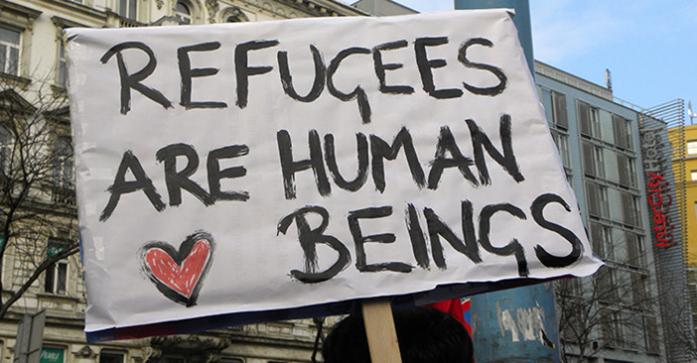In the latest development of the rapidly developing refugee crisis in which millions of migrants from the Middle East and Africa have made an overwhelming exodus to European nations, Slovenia has warned of impending disaster for the European Union as a whole if a unified strategy is not developed to accommodate for the massive influx of migrants in the region.
In the aftermath of Hungary’s decision to restrict migrant passage through its border, Slovenia has seen a dramatic increase of “more than 76,000 migrants” in less than two weeks. Not only is the rapid increase in the migrant population an almost unprecedented humanitarian issue, but the large numbers also pose significant threats to the infrastructure of European countries ill-equipped and ill-prepared to account for such staggering amounts of refugees.
The inability for countries to adequately manage the number of refugees coming through their borders is only compounded by the lack of coordinated strategy by all countries involved. The crisis is not isolated, and it is not possible for countries in the area to simply remove themselves from the situation by closing off their border. Slovenia Prime Minister Miro Cerar went as far as to say, “If we don’t find a solution today, if we don’t do everything we can today, then it is the end of the European Union as such” when addressing other members of the EU.
In the case of Hungary, closing off the border only increases the influx to surrounding countries which would have difficulty enough accommodating the amount of refugees divided between multiple countries, let alone the full brunt of the incoming refugee population. The relief Hungary may achieve by doing so will only be short-lived, because the action taken in order to alleviate the burden placed on the individual country has merely shifted the burden to the structure of the European Union as whole.
Macedonian President Gjorge Ivanov summed up the mentality necessary for implementing a successful way to address the refugee crisis by stating “If we don’t stick together, we will hang separately.” If the goal of individual countries is to prevent their own infrastructure from being overwhelmed by the waves of incoming refugees, the best way to do so would be by taking action to prevent a domino effect that would jeopardize the EU as a whole, as Slovenia’s prime minister has tried to point out.
No one country is equipped to manage the entirety of the refugee crisis and passivity will quickly become counterintuitive to self-preservation when the only way to truly mitigate the situation is by even distribution in accordance to resources and infrastructure. Coordination is the only viable response to addressing the refugee crisis in order to prevent countries crumbling under the pressure and multiplying the pressure placed on surrounding countries to unsustainable levels.



